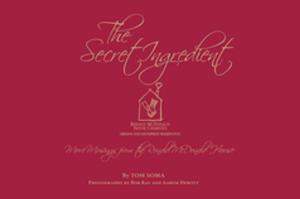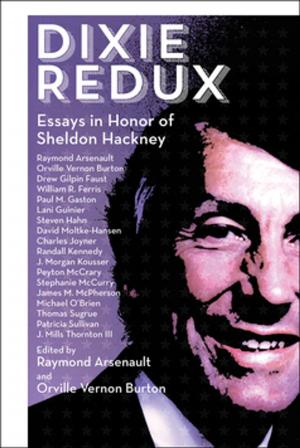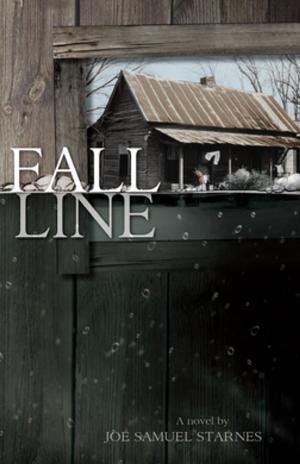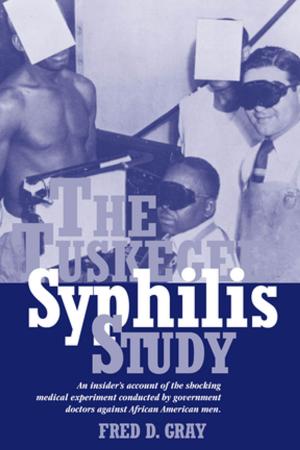Looking for the Future
A Meditation on Political Choice
Nonfiction, Social & Cultural Studies, Political Science| Author: | Leslie Dunbar | ISBN: | 9781603062022 |
| Publisher: | NewSouth Books | Publication: | March 1, 2012 |
| Imprint: | NewSouth Classics | Language: | English |
| Author: | Leslie Dunbar |
| ISBN: | 9781603062022 |
| Publisher: | NewSouth Books |
| Publication: | March 1, 2012 |
| Imprint: | NewSouth Classics |
| Language: | English |
We Americans approach -- not a crossroads -- but a branching of our political road where several destinations are possible. One requires surrendering power to what has become our de-facto governing or ruling class. Another takes us to an expanded democracy where the gap between the “have much” and the “have little” has been greatly reduced. In between are byways that eventually will trend one way or the other. The choices will be selected, in the way democracies have always selected, their paths, by the ongoing clash of economic interests. This book is a meditation about our nation, its ruling class now made up of what the book calls “warriors” and former President Eisenhower called “the military industrial complex,” and the rich, about our incessant warring around the world, about the fateful political and Constitutional presence of the South, and about our American way of religion and its church. Leslie Dunbar’s Looking for the Future is a memoir only to the extent that the author’s four score and eleven years of experience give insight to the rumblings of discontent and the disparities of power and wealth that undermine our national unity. This is, finally, a meditation on prospects for that unity and fraternity among us.
We Americans approach -- not a crossroads -- but a branching of our political road where several destinations are possible. One requires surrendering power to what has become our de-facto governing or ruling class. Another takes us to an expanded democracy where the gap between the “have much” and the “have little” has been greatly reduced. In between are byways that eventually will trend one way or the other. The choices will be selected, in the way democracies have always selected, their paths, by the ongoing clash of economic interests. This book is a meditation about our nation, its ruling class now made up of what the book calls “warriors” and former President Eisenhower called “the military industrial complex,” and the rich, about our incessant warring around the world, about the fateful political and Constitutional presence of the South, and about our American way of religion and its church. Leslie Dunbar’s Looking for the Future is a memoir only to the extent that the author’s four score and eleven years of experience give insight to the rumblings of discontent and the disparities of power and wealth that undermine our national unity. This is, finally, a meditation on prospects for that unity and fraternity among us.















